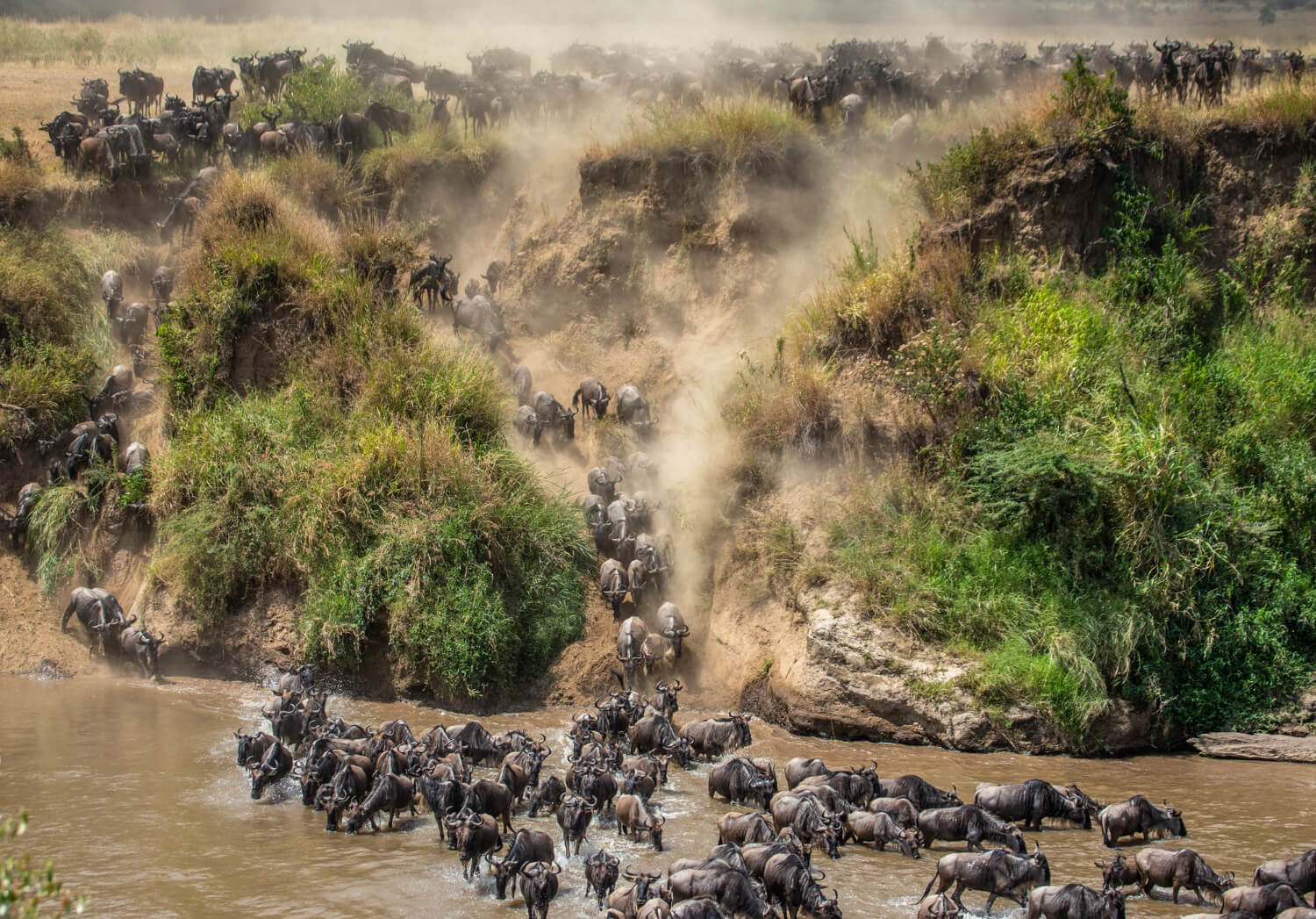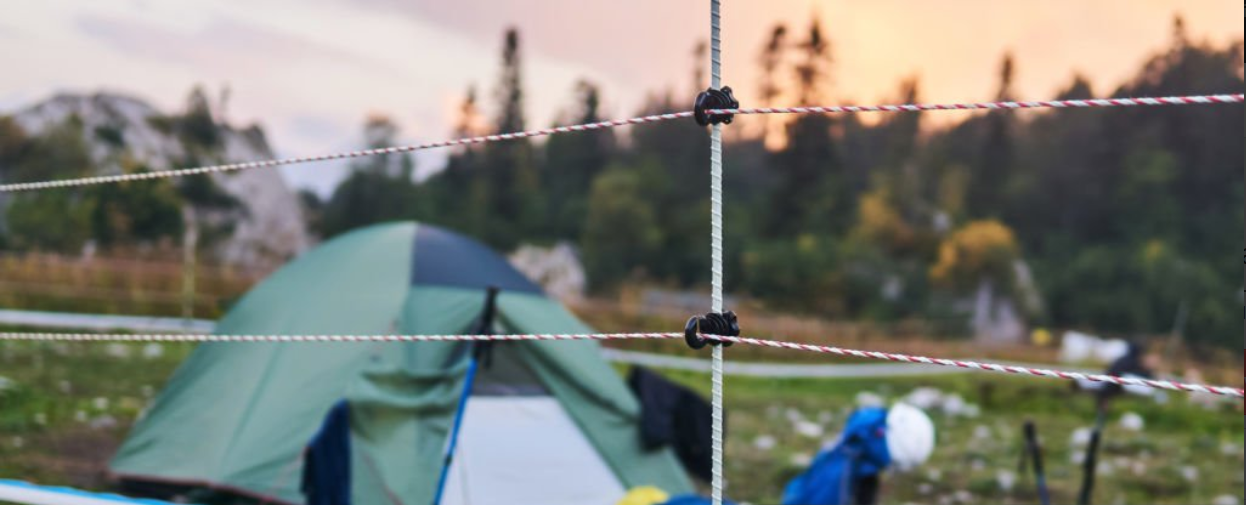
Wildlife Tent Camp Safety, The idea of staying in a tented camp surrounded by wild animals is both thrilling and intimidating. For adventure seekers and nature lovers, the experience offers an unparalleled connection with wildlife. However, it also raises important safety concerns. How dangerous is it to sleep in a tent when lions, elephants, or hyenas roam nearby? Are tented camps designed to protect guests, or is there a real risk of animal attacks?
This article explores the safety measures in place at reputable tented camps, the behavior of wild animals near human settlements, and essential precautions travelers should take. By understanding these factors, visitors can enjoy an unforgettable safari experience while minimizing risks.
Tented camps are semi-permanent structures commonly found in wildlife reserves and national parks across Africa, Asia, and other regions. Unlike traditional hotels, they offer an immersive experience by placing guests in the heart of nature. These camps vary in luxury—from basic setups with minimal amenities to high-end lodges with en-suite bathrooms and gourmet meals.
Most tented camps are strategically placed in areas with high wildlife activity, allowing guests to observe animals from a safe distance. However, their proximity to wild animals means that safety protocols must be strictly enforced.
Reputable tented camps implement multiple layers of security to protect guests. Below are some key safety measures:
Many camps elevate tents on platforms or surround them with barriers to deter animals. In areas with large predators like lions or leopards, tents are often made of thick canvas with lockable zippers to prevent curious wildlife from entering.
Some luxury camps use low-voltage electric fencing to keep animals out while minimizing environmental impact. However, in many national parks, permanent fencing is prohibited to maintain wildlife migration routes. In such cases, camps rely on natural barriers and trained staff.
Professional guides and Maasai scouts (in East Africa) patrol the camp perimeter, especially at night. They are trained to detect animal presence and use flashlights, noise, or non-lethal methods to scare off intruders. In rare cases, they may carry rifles for emergency defense.

Guests are given clear instructions, such as:
No walking alone at night – Escorts are provided after dark.
No food in tents – Smells attract scavengers like hyenas and honey badgers.
Avoid loud noises – Sudden sounds can provoke animals.
Camp staff track animal movements and adjust safety measures accordingly. If a dangerous animal is spotted nearby, guests may be restricted to common areas until the threat passes.
Understanding wildlife behavior is crucial in assessing risks. Most wild animals avoid humans unless provoked, habituated, or desperate (e.g., during drought).
Lions generally avoid humans but may investigate tents if they detect food.
Leopards are stealthy but rarely attack unless threatened.
Hyenas are scavengers and may approach tents looking for scraps.
Elephants can be unpredictable; mock charges are common if they feel threatened.
Buffaloes are highly dangerous when startled.
Hippos are aggressive and responsible for more human deaths in Africa than lions.
Many animals, such as bushbabies and genets, are active at night but pose little threat.
While attacks are rare, they do happen. Some notable cases include:
2018, Botswana: A lion attacked a guide (who survived) near a tented camp.
2019, South Africa: An elephant charged a tourist vehicle after feeling threatened.
2021, Kenya: A hyena entered a tent, biting a sleeping tourist (no serious injuries).
These incidents highlight the importance of following camp rules and respecting wildlife boundaries.
Choose a reputable camp – Read reviews and check safety records.
Ask about safety measures – Do they have guards? Electric fences? Emergency protocols?
Follow all instructions – Never ignore guide warnings.
Keep tent zippers closed – Even a small gap can invite curious creatures.
Use a flashlight at night – Helps deter animals and alerts guards if needed.
Stay calm if you encounter wildlife – Sudden movements can trigger attacks.
Do not run – Running triggers a chase response in predators.
Back away slowly – Maintain eye contact with lions/leopards but avoid staring at elephants (seen as a threat).
Make noise – Clapping or shouting may scare off animals.
Staying in a tented camp near wild animals is generally safe if proper precautions are taken. Reputable camps invest heavily in security, and wildlife attacks are extremely rare. However, the wilderness is unpredictable, and guests must remain vigilant.
For those who respect nature and adhere to safety guidelines, a tented camp offers a once-in-a-lifetime experience—falling asleep to the sounds of lions roaring in the distance, waking up to elephants grazing nearby, and immersing oneself in the raw beauty of the wild. The key is balancing adventure with caution, ensuring both an exhilarating and secure safari experience.
